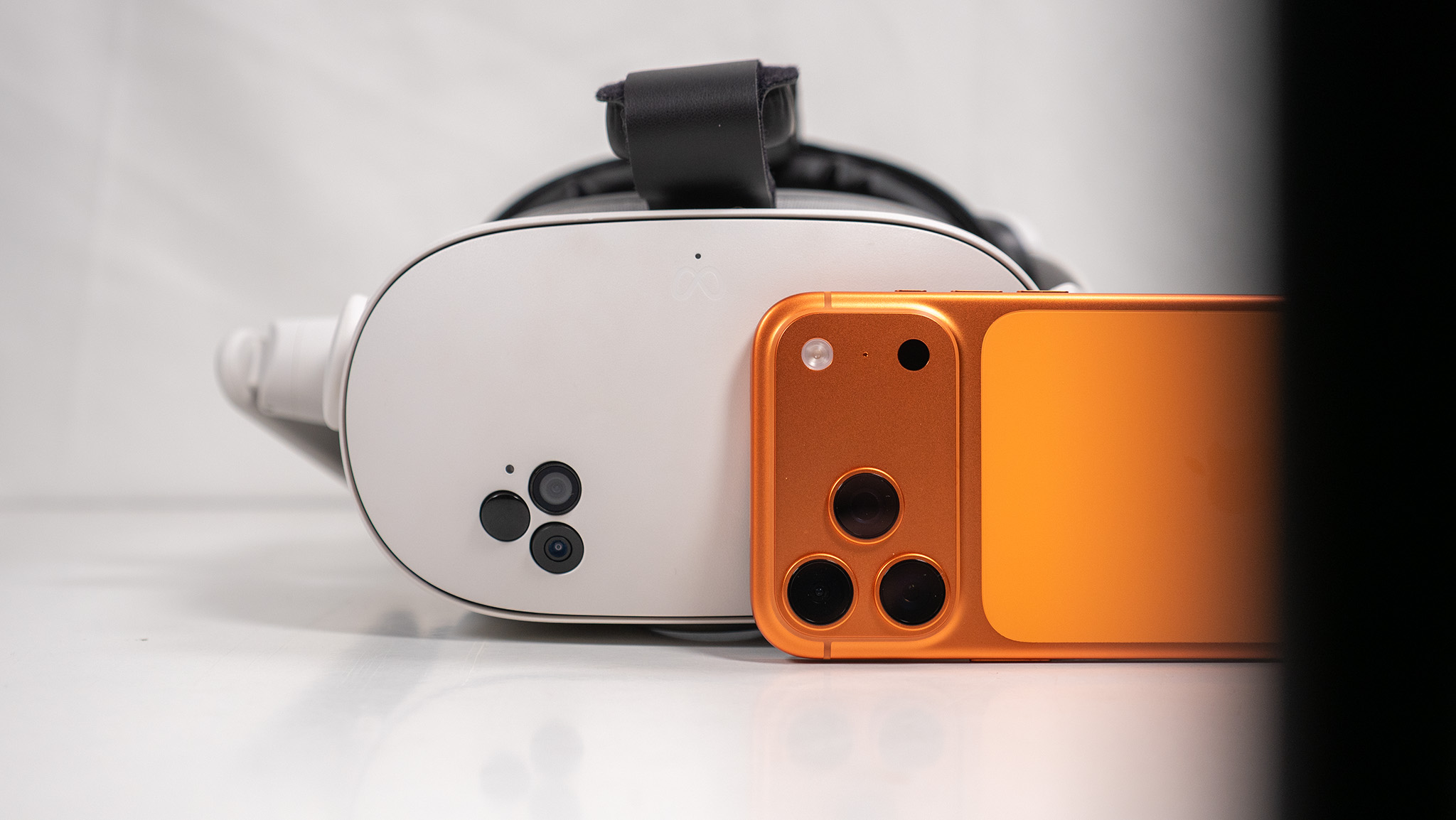Garmin Venu 2 Plus vs. Samsung Galaxy Watch 4
Which stylish fitness watch with a bright touchscreen, tons of sensors, and plenty of smarts should you pick?
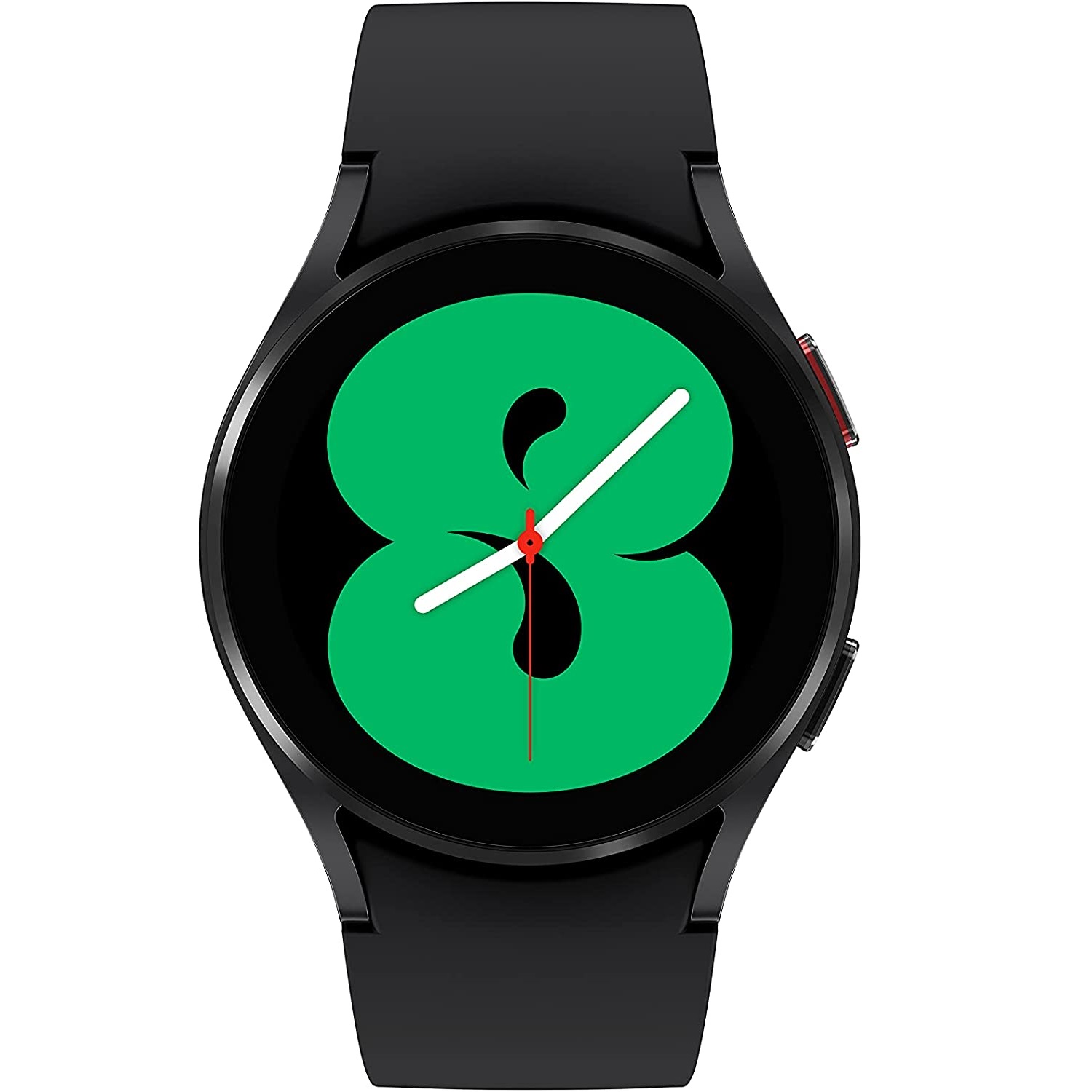
Comfortable, versatile, independent
The spiritual successor to the Galaxy Watch Active series, Samsung's latest watch has a huge range of health sensors and third-party apps, but works best with a Samsung phone. Its battery life isn't much compared to most fitness trackers, but you have much more functionality in exchange for daily charges.
Pros
- Wider range of apps with Wear OS 3
- LTE support
- Lighter with two size options
- BIA + ECG health sensors
- Stylish aluminum frame
Cons
- Much shorter battery life
- LTE version had some overheating issues
- Limited to Android phones / some fitness features Samsung-only
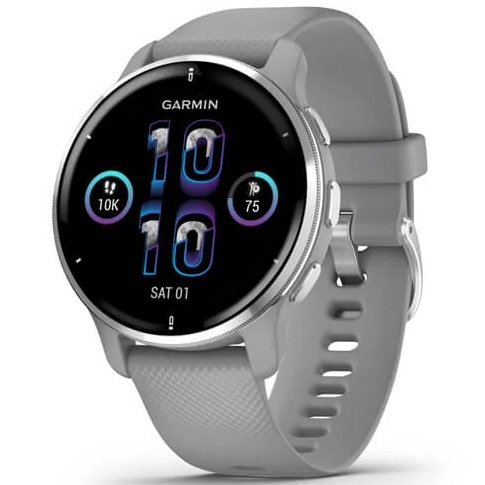
Gorgeous, long-lasting display
Combining a gorgeous AMOLED display with three buttons for navigation, the Venu 2 Plus is a straightforward pleasure to use for workouts. It's easy to use with any iOS or Android phone, so it'll give serious athletes all the fitness data they need to improve. While it does have a mic/speaker for phone calls and assistants, its tools outside of workouts fall short of Samsung's.
Pros
- Nine-day battery life
- Buttons for quick navigation
- Animated exercise guides
- Supports Google Assistant and Siri commands
- Free, advanced Garmin metrics + workouts
Cons
- No LTE option
- Limited apps
- Relatively heavy
Most fitness smartwatches offer a compromised experience, giving you tons of health and fitness metrics but a limited, obscure UI that makes them annoying to use. But the Samsung Galaxy Watch 4 and Garmin Venu 2 Plus are two watches that buck that trend.
Samsung's watch gives you an easy-to-use Wear OS 3 UI with third-party apps plus tons of health sensors and useful fitness data. Garmin's OS is more limited but extremely easy to navigate, and its sports modes and metrics put all other brands to shame. Which one you pick will depend on what you want to use your watch for: everyday use or just workouts.
Garmin Venu 2 Plus vs. Samsung Galaxy Watch 4: Specs, battery life, and compatibility
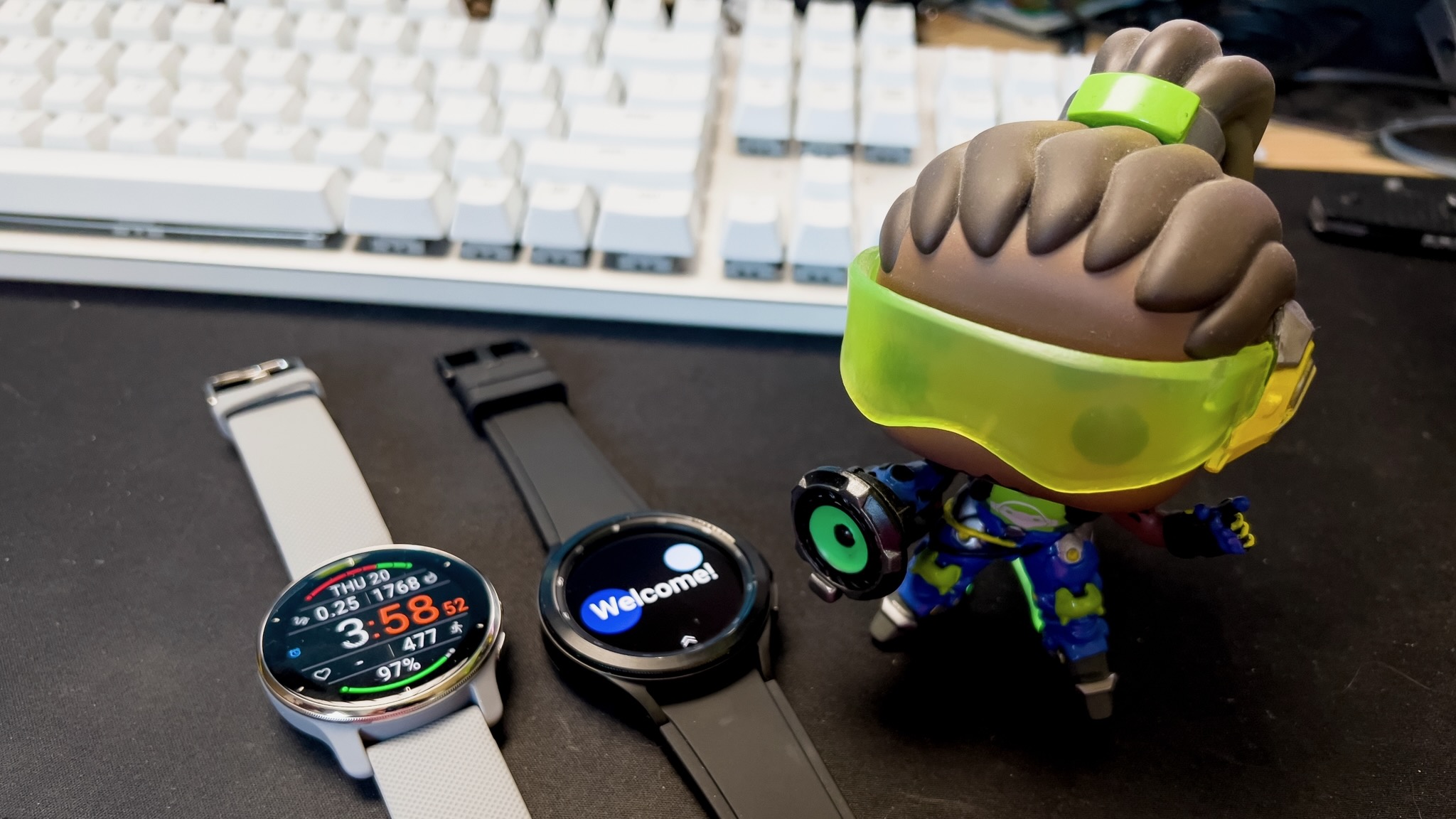
The Samsung Galaxy Watch 4 tops our best Android smartwatches list for a host of reasons, from its bevy of health sensors to its fast performance and Wear OS app support. Its all-in-one sensor tracks heart rate, blood pressure, ECG, SpO2, and Bioelectrical Impedance Analysis (BIA) all at once, which very few smartwatches can match. Still, it's fundamentally a lifestyle watch, which means you'll only get 1-2 days of use depending on how actively you use it.
The Garmin Venu 2 Plus battery life blows Samsung's out of the water, and it's fully compatible with more phones.
The Garmin Venu 2 Plus is more of a traditional fitness smartwatch, meaning you get a ridiculous nine days of battery life along with the ultra-bright display. It has fewer non-fitness software applications, but does offer voice assistant shortcuts, a mic and speaker for answering calls on the watch, stored music or music playback controls, and phone notifications — all the same essentials as the Galaxy Watch 4.
As two fitness-focused lifestyle watches, they have plenty of similarities. Both have large, pixel-rich displays that can handle direct sunlight well. However, while the Galaxy Watch 4 has two variants with a large or small display, both are much lighter than the Venu 2 Plus, using a lightweight aluminum build that makes it more comfortable for all-day use or sleep tracking. The plasticky Venu 2 Plus weighs much more, but its battery can handle much more GPS tracking or music playback before it'll die on you.
The Galaxy Watch 4 is more affordable, lighter, and has more health sensors and apps.
Of the two, the Garmin Venu 2 Plus works more seamlessly with any smartphone you own. All you need is the Garmin Connect app, and it supports the three major voice assistants. The Galaxy Watch 4 still only summons Bixby (though Samsung did promise Google Assistant support eventually), but many of its health sensor features only work with Samsung Health, and you can't use it with an iPhone at all.
| Header Cell - Column 0 | Samsung Galaxy Watch 4 | Garmin Venu 2 Plus |
|---|---|---|
| Size | 44.4 x 43.3 x 9.8mm 40.4 x 39.3 x 9.8mm | 43.6 x 43.6 x 12.6 mm |
| Weight | 30.3g (44mm) 25.9g (40mm) | 51g |
| Display | Super AMOLED 1.4-inch (420x420) Super AMOLED 1.2-inch (396x396) | AMOLED 1.3-inch (416x416) |
| Material | Aluminum case | Fiber-reinforced polymer (plastic) with steel bezel |
| Operating System | Wear OS Powered by Samsung | Garmin OS |
| Navigation | Touchscreen, capacitive bezel, two side buttons | Touchscreen, three side buttons |
| Processor | Exynos W920 (5nm) | Unknown |
| Memory | 1.5GB RAM 16GB storage | Unknown |
| Music storage | ✔️ | ✔️ |
| Battery | 361mAh / 247mAh Up to 40 hours | Unknown mAh Up to 9 days |
| Wireless charging | ✔️ | 🚫 |
| Sensors | Accelerometer Barometer BIA ECG Gyro Geomagnetic HRM | Accelerometer Barometric altimeter Compass Gyro HRM SpO2 Thermometer |
| Connectivity | LTE Bluetooth 5.0 Wi-Fi NFC GPS, GLONASS, GALILEO | Bluetooth ANT+ Wi-Fi NFC GPS, GLONASS, GALILEO |
| Voice assistants | Bixby (Google Assistant expected in 2022) | Bixby, Google Assistant, Siri |
| Durability | 5ATM MIL-STD-810G Gorilla Glass DX+ | 5ATM Gorilla Glass 3 |
| Colors | Green Black Silver Pink Gold | Slate Silver Light Gold |
| Band size | 20mm | 20mm |
Garmin Venu 2 Plus vs. Samsung Galaxy Watch 4: Apps, watch faces, and navigation
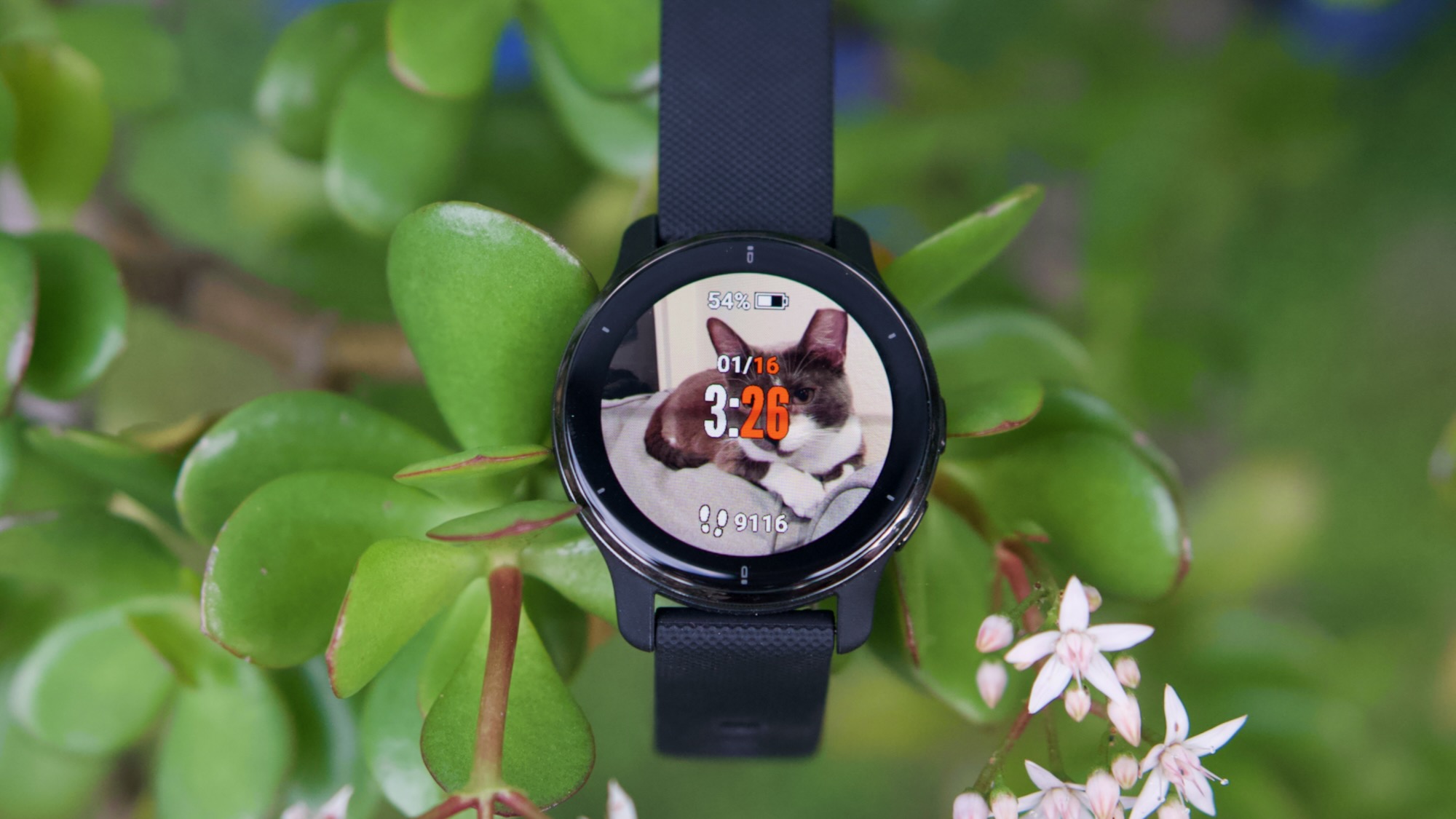
If you've used a Garmin watch before, you know what to expect. The Venu 2 Plus supports a couple dozen sports modes that you can favorite and start with a couple button presses, while you can scroll up and down to check your daily fitness data, heart rate or SpO2, weather, or any other data. The Garmin Connect IQ app lets you download some limited third-party apps like Spotify, AccuWeather, or map apps, but for the most part, Garmin runs a closed system.
Get the latest news from Android Central, your trusted companion in the world of Android
What's different from other Garmins? Most only use button navigation, while the Venu 2 Plus's AMOLED display enables touch navigation and scrolling. This bright display enables a wide range of custom watch faces you can't get on cheaper Garmins, which you can buy from devs or customize yourself. You can even add your own photos as a background to your clock and health data, as shown above.
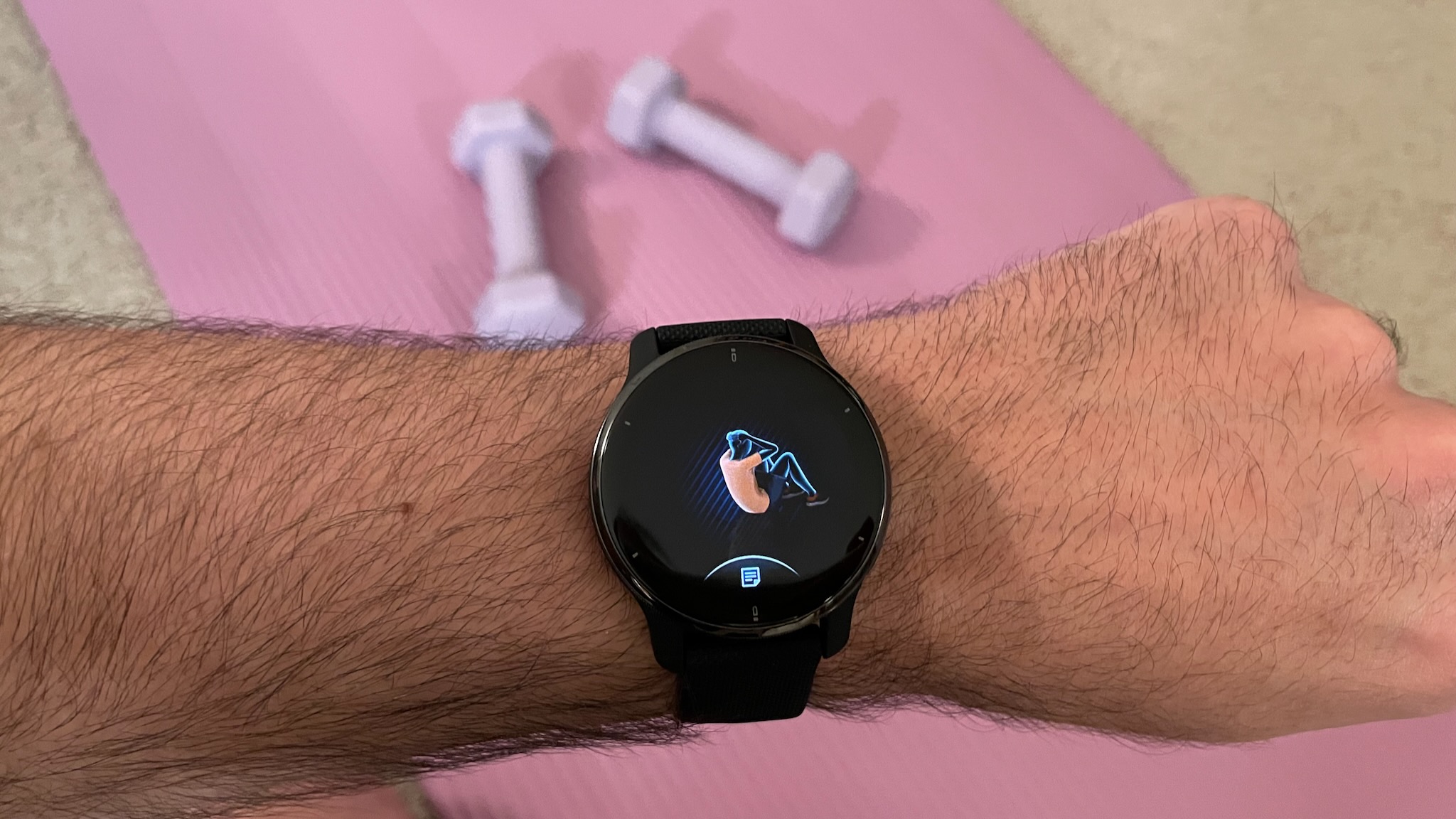
Best of all, if you're preparing for a HIIT workout and don't know how to do a specific move, you can tap on it to see an animated figure complete the exercise, so you can visualize and emulate it. Garmin claims it has 1,600 supported exercises complete with animated instructions, so anybody looking to start kicking butt in the gym or at home will benefit from these.
Buying the Galaxy Watch 4 gives you access to a wider range of third-party apps. You'll find fitness apps like Strava, more music apps like YouTube Music, an internet browser, smart home controls, Google Maps, and more. Whatever you can fit inside 16GB of storage, the watch will likely support. With Wear OS 3, you get Tile widgets for quick access to whatever information you need, though most tiles are Samsung-only.
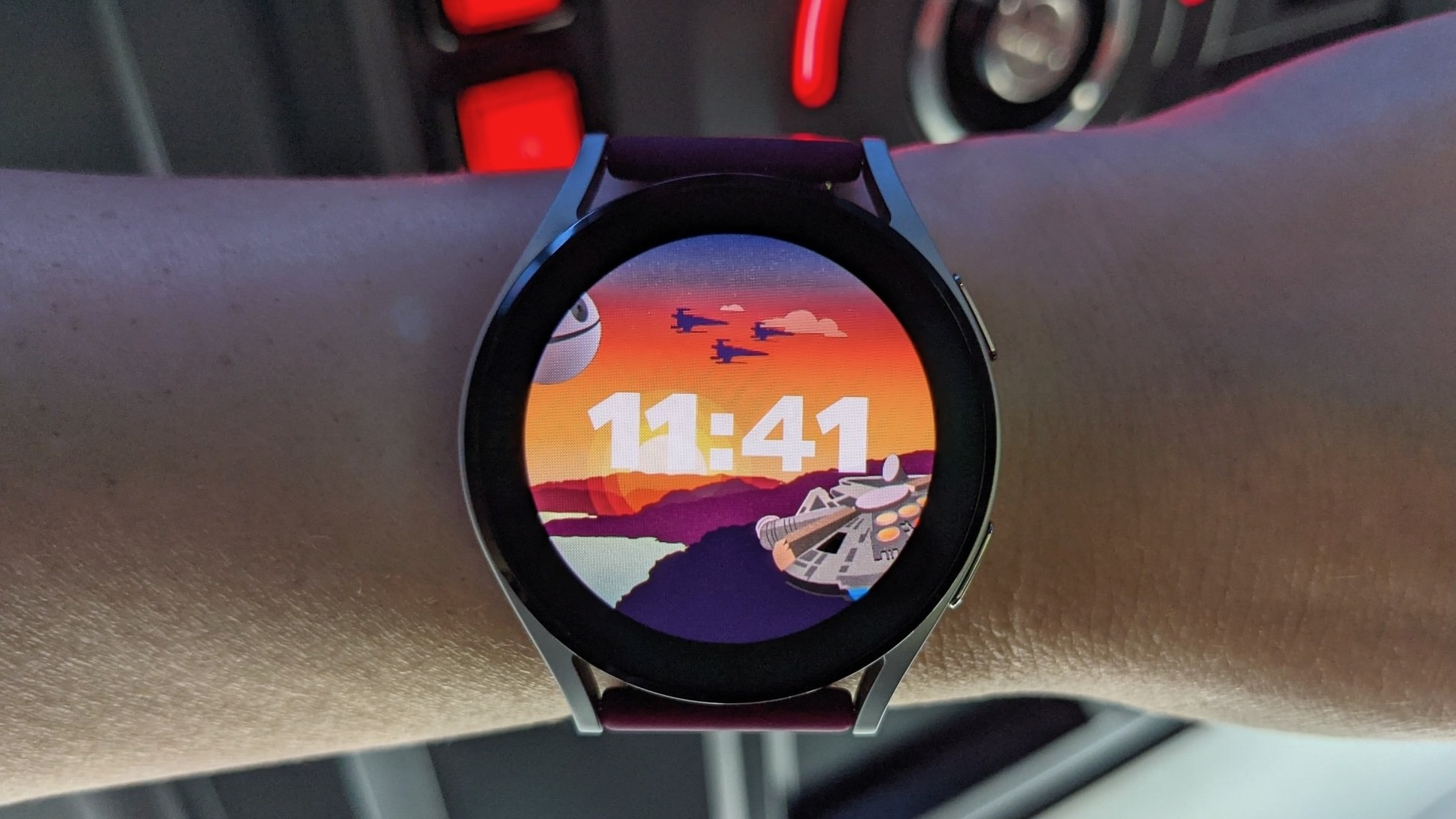
Samsung also lets you customize its watch faces with personal photos and "Complications" or third-party apps. Some of our Galaxy Watch 4 owners on staff have argued that its watch faces "suck" for various reasons, but their functionality arguably goes well beyond what Garmin offers.
Galaxy Watch 4 navigation gives you several options. While only the Galaxy Watch 4 Classic offers a physically rotating bezel for navigating through apps, the base watch has a touch bezel that digitally approximates the rotation quite well. Aside from the touchscreen, the two side buttons offer shortcuts for short and long presses, such as summoning Bixby or activating Samsung Pay.
For comparison, Garmin's three buttons give you workout shortcuts, a customizable middle button that can summon Garmin Pay or your assistant with short/long presses, and a dedicated back/settings button.
Garmin Venu 2 Plus vs. Samsung Galaxy Watch 4: Which should you buy?
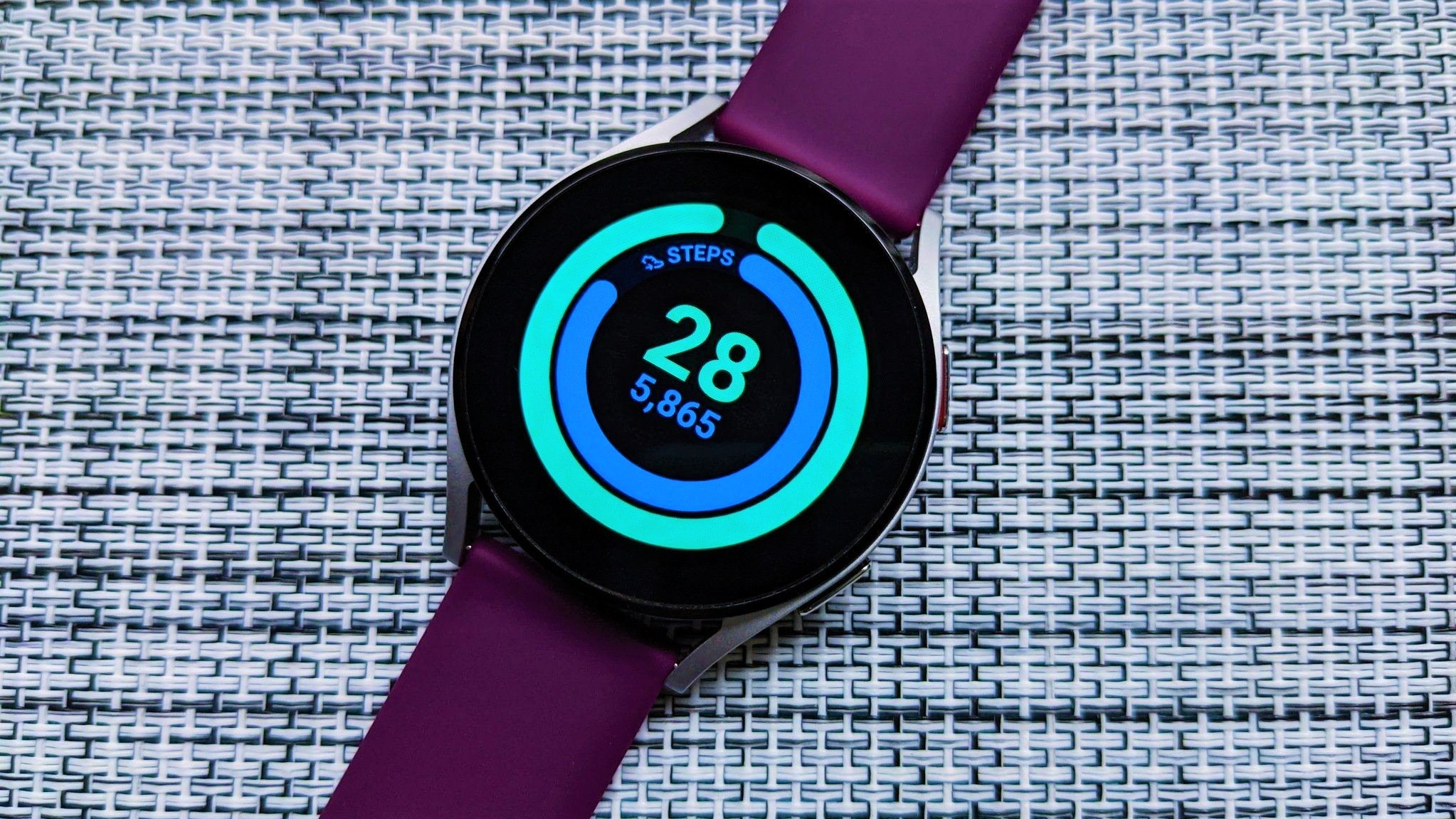
Both of these smartwatches are great, full stop, but each also have their own dealbreakers. If you're on a limited budget or exercise casually, the expensive Garmin Venu 2 Plus won't justify the high cost. If you like working out without your phone, the lack of LTE is a deal-breaker. And if you're looking for a smaller smartwatch that won't weigh down your wrist, plenty of fitness trackers will halve the weight.
As for the Galaxy Watch 4, most of its advanced health tracking, from SpO2 to VO2 Max, only work on a Galaxy phone, limiting its appeal on other Android phones. Also, the LTE version did have some overheating issues initially, but thankfully this appears to have been patched. The bigger issue is that you're much more likely to run out of battery life at the wrong time, so you'll need a recharge every day or two.
Still, the Galaxy Watch 4 offers a more affordable price point, wider app support, and a more comfortable and stylish fit for most people if you can accept using Samsung Health. The Garmin Venu 2 Plus fits better as a device you throw on for a HIIT workout or long run, then slip off once you're done, but can be worn as long as you want thanks to its neverending battery. And while Garmin also defaults to its own software, it gives you superb metrics for most major sports, and its data can be exported to other health apps.
You can also consider upgrading to the newer Samsung Galaxy Watch 5 or Watch 5 Pro, which cost a bit closer to the Venu 2 Plus while adding new features. But the Galaxy Watch 4 remains as viable as ever while often selling at a discount, making it even more tempting.
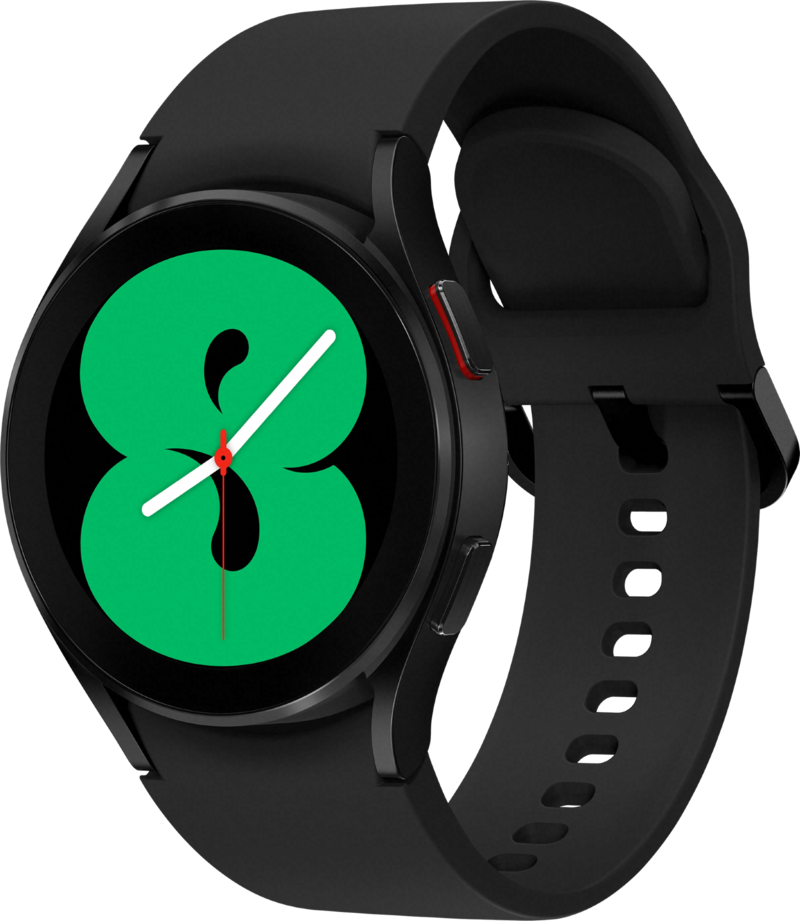
Best for Galaxy phone owners
The Galaxy Watch 4 offers everything you could want in an Android smartwatch, including all the health data you could want and plenty of sports tracking data through Samsung Health.
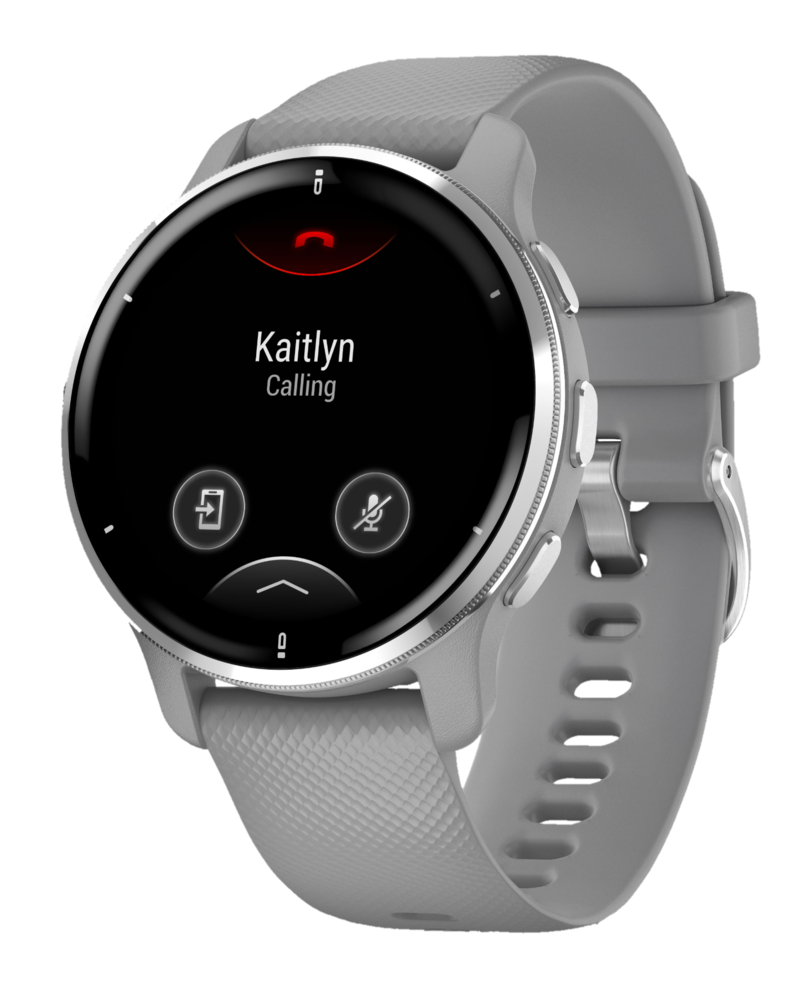
See the proper form for exercises
Take the exhaustive Garmin metrics you're used to and add in a beautiful, bright AMOLED touchscreen, and the Venu 2 Plus offers a revamped experience that does its best to justify the high cost of entry.

Michael is Android Central's resident expert on wearables and fitness. Before joining Android Central, he freelanced for years at Techradar, Wareable, Windows Central, and Digital Trends. Channeling his love of running, he established himself as an expert on fitness watches, testing and reviewing models from Garmin, Fitbit, Samsung, Apple, COROS, Polar, Amazfit, Suunto, and more.
